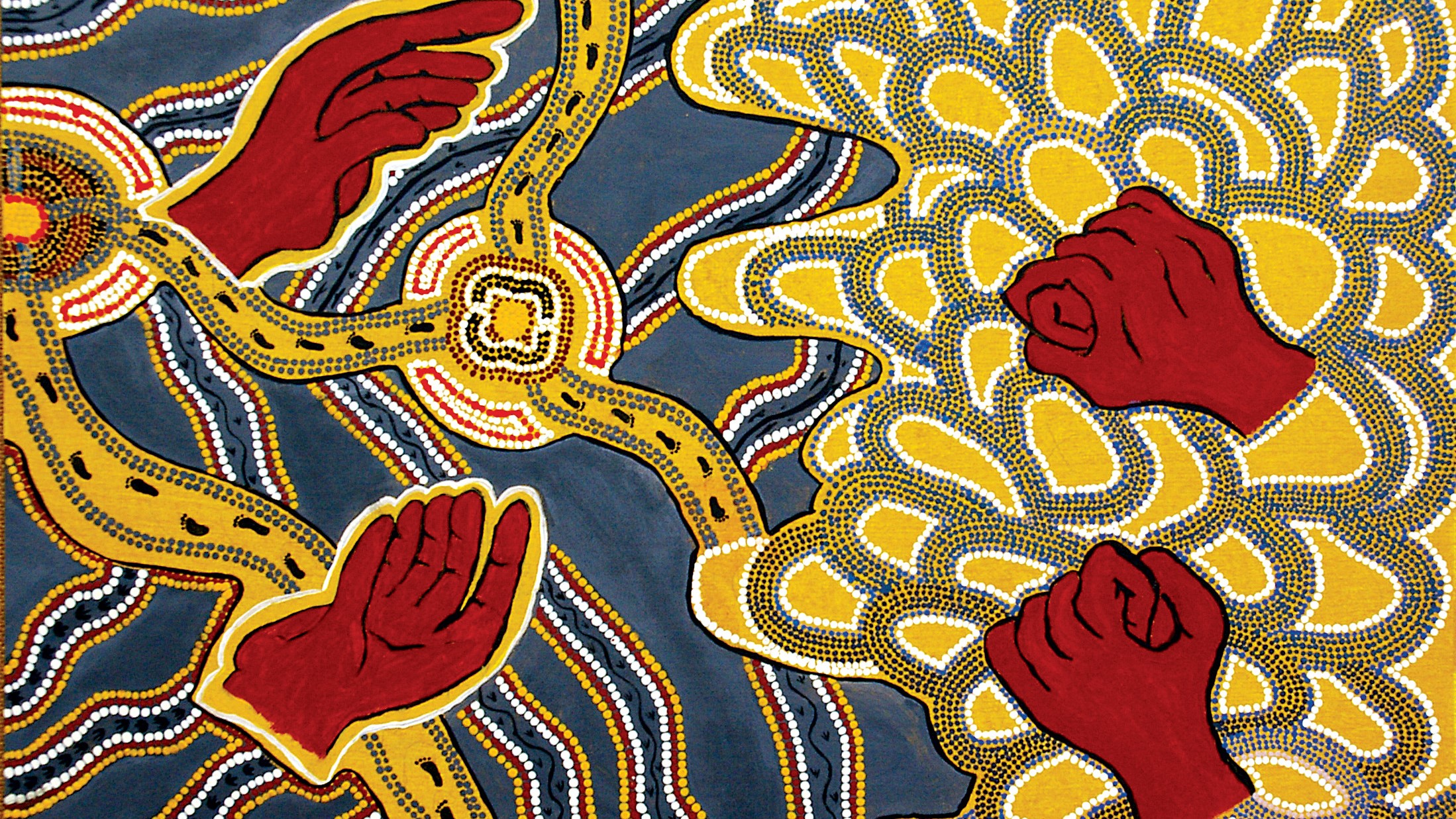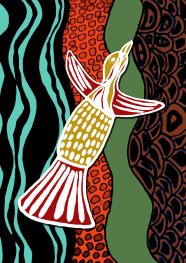Presentation Type
Presentation
Location
The University of Notre Dame Australia, Broome Campus
Start Date
16-8-2018 3:00 PM
Description
The time-shallow national anniversary traditions premised upon imperial ‘firsts’ continue to divide ‘history’ from the long duree of Australia’s human past. This talk will first consider the 1901 re-enactment of Captain Cook’s landing at Botany Bay, which represented an effort to reify the first British arrivals. Yet it arguably became a demonstration of multiple sovereignties. Secondly it will consider whether it possible to bridge these barriers, especially without the device of clear-cut ‘arrival event’ or landing dates? In other words, how might the 60,000 year span of human experience in Australia enter the realm of ‘history’ – if indeed it should? While sacredness and sovereignty are integral to conversations around nation, law and identity, only European sacred time is allocated historical dates.
If historians are to contribute to understanding the long history of Indigenous Australia, the pro-fession will need to collaborate with Indigenous knowledge holders and work closely with other disciplines, including archaeology and linguistics. Such research will require different kinds of techniques, approaches, sources and possibly a different kind of periodization. We hope to at-tempt some of this in our recently commenced Kathleen Fitzpatrick Laureate program ‘Rediscovering the Deep Human Past: Global Networks, Future Opportunities’. By holding annual symposia and workshops on themes that include time, language, rock art and Indigenous memory narratives, the Laureate team aims to test a range of potential methodologies.
Recommended Citation
McGrath, Ann, "The Past Is In Front of Us: A Deep Human History?" (2018). Talking Heads Seminar Series. 2.
https://researchonline.nd.edu.au/nulungu_talkingheads/2018/schedule/2
The Past Is In Front of Us: A Deep Human History?
The University of Notre Dame Australia, Broome Campus
The time-shallow national anniversary traditions premised upon imperial ‘firsts’ continue to divide ‘history’ from the long duree of Australia’s human past. This talk will first consider the 1901 re-enactment of Captain Cook’s landing at Botany Bay, which represented an effort to reify the first British arrivals. Yet it arguably became a demonstration of multiple sovereignties. Secondly it will consider whether it possible to bridge these barriers, especially without the device of clear-cut ‘arrival event’ or landing dates? In other words, how might the 60,000 year span of human experience in Australia enter the realm of ‘history’ – if indeed it should? While sacredness and sovereignty are integral to conversations around nation, law and identity, only European sacred time is allocated historical dates.
If historians are to contribute to understanding the long history of Indigenous Australia, the pro-fession will need to collaborate with Indigenous knowledge holders and work closely with other disciplines, including archaeology and linguistics. Such research will require different kinds of techniques, approaches, sources and possibly a different kind of periodization. We hope to at-tempt some of this in our recently commenced Kathleen Fitzpatrick Laureate program ‘Rediscovering the Deep Human Past: Global Networks, Future Opportunities’. By holding annual symposia and workshops on themes that include time, language, rock art and Indigenous memory narratives, the Laureate team aims to test a range of potential methodologies.





